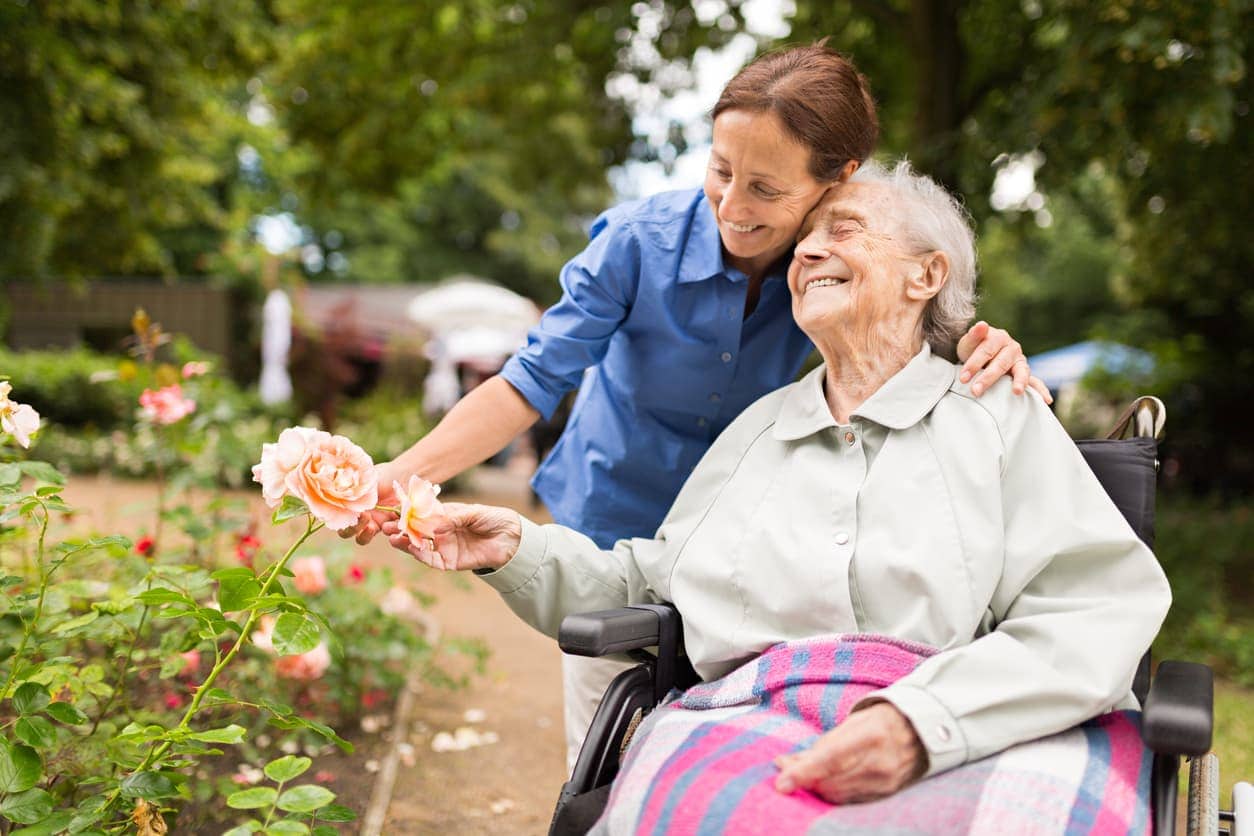
When is it time to take the keys away?
It’s human nature to make our own decisions, take charge of our personal schedules, and be independent. When dementia is diagnosed, however, patients become limited in doing many of the activities that came with adulting. It’s a tough reality, but there are resources that can help ease our senior loved ones into this unknown world.
Driving is one of the most autonomous things we can do, and for some people, giving up that freedom brings them to absolute obstinance. This is for good reason, though. Especially when dementia robs an individual of so many other aptitudes, removing the joy of driving is like another kick to the spirit.
There are ways to delicately address the driving dilemma, but it might take an equal amount of patience and austerity. Because unsafe senior drivers are a danger to themselves and others, this is a very important issue to handle.
Here are some tips:
Check your parent’s car for blemishes. Things like scratches, dents, windshield cracks, untidy spills that aren’t cleaned up, or missing parts such as tire hubcaps are all warning signs that your mom or dad is having trouble.
Do an online assessment. AARP has a free online seminar called We Need to Talk to help families decide if it’s time to take the car keys.
Hire a professional driver occupational therapist for an evaluation. They’ll do a series of tests to determine if your aging parent is still competent and cognitively fit to drive. It’s a safety measure that can prevent a lot of heartache down the road.
Talk to your parent candidly. See how they feel about having others pick them up or learning public transportation. Offer them alternatives like virtual doctor visits, massage therapy at home, or grocery delivery. Tell them they deserve a personal chauffeur after years of hard work.
Get a doctor’s note. In fact, when your parent digs in their heels and refuses to stop driving, a doctor might save the day. Many seniors will take a physician’s orders over advice from their adult child.
It’s also important to remember that no parent wants to be treated like a baby—especially by their son or daughter. Approach them with respect and even some creativity. Here are some ways to word it:
- “Dad, I want you to be safe when going out. It would be no problem for me to drive you to your appointments.”
- “Mom, you shouldn’t have to worry about getting around on your own. We can arrange to pick you up and take you to the store.”
- “Dad, we’d be heartbroken if you hurt yourself or someone else on the road. Let us help you with the driving.”
- “Mom, you’ve earned the right to have someone drive you around for a change. From now on, one of us will take you wherever you need to go.”
- “Dad, the highway is so dangerous and I don’t want to worry about you getting in a wreck. Could we talk about some alternative transportation to get you around town?”
- “Mom, if you want to do a road trip together, let me drive so you can just relax and enjoy the ride. Or we can even take a flight or train ride. It could be a fun adventure!”
- “Dad, you can save a lot of money on gas and car maintenance by having someone pick you up. Plus, you don’t have to stress about getting into traffic.”
What if I live out-of-town and can’t drive my parent around every day?
It’s definitely a challenge to watch over your parent when you live long distance. While keeping your parent safe from any driving accidents, you also want to keep them safe by finding a driver you can trust.
- Research transportation services in your parent’s city. GoGoGrandparent offers rides, meal and prescription pickups, and even home services like dog walking and landscaping.
- Teach your parent how to safely use services from Uber or Lyft.
- Ask your inner circle for any recommendations.
- Gather a group of family and friends who might be able to help.
- Set up regular deliveries for food and supplies, virtual appointments (if possible), and encourage your parent to carpool for any social outings.
- Check with your parent’s church group or any other clubs to see if there’s a rideshare program within the organization.
No one wants to see their parent become forgetful or unable to do the things they once enjoyed. But with planning, inventiveness, and lots of love, we can find other options to keep our parents safe and active.
Susie Touchinsky, OTR/L, SCDCM, CDRS says, “It’s a calling…to work with people in their toughest times.” At Avalon, we truly feel called to help seniors with dementia. To get some advice from our expert caregiving team, please call us at (972) 713- 1383 or (888) 522-1918.
See More Articles
-
Visiting Your Aging Parent With Memory Loss at Avalon Memory Care
As a loving son or daughter, you naturally want the best of care for your senior parent. The compassionate assisted living caregivers at Avalon Memory Care want you to know that while your parent is living with us, he or she will receive nothing less than respectful, loving care within our comfortable, safe, and fully-staffed
-
Celebrating New Year’s Day in Memory Care
Families often find that celebrations with their loved ones in memory care are easier when they embrace new traditions. For instance, it may not be practical to expect your loved one to stay up until midnight on New Year’s Eve. Instead, consider throwing a New Year’s Day celebration, complete with a countdown to the first
-
Understanding Parkinson’s Disease and Dementia
Parkinson’s disease is an incurable neurological disorder, with progressively worsening complications. Perhaps the most well-known symptom of Parkinson’s is a hand tremor, but it can also cause speech changes, muscle rigidity, and impaired posture. Eventually, as the disease progresses, more than half of all individuals with Parkinson’s will require dementia care. This particular type of
Testimonials
Downloadable Resources
We Are Avalon
Discover the heart of our community; download ‘We Are Avalon’ to get to know our dedicated team and our commitment to providing a warm, family-like environment.
Transitional Care Guide
If you’re considering a transition, we’re here to help; download our Transitional Care Guide for compassionate guidance through each step of the process.
Schedule a Tour
Visit one of our 30+ campuses and experience our unique approach to memory care.












